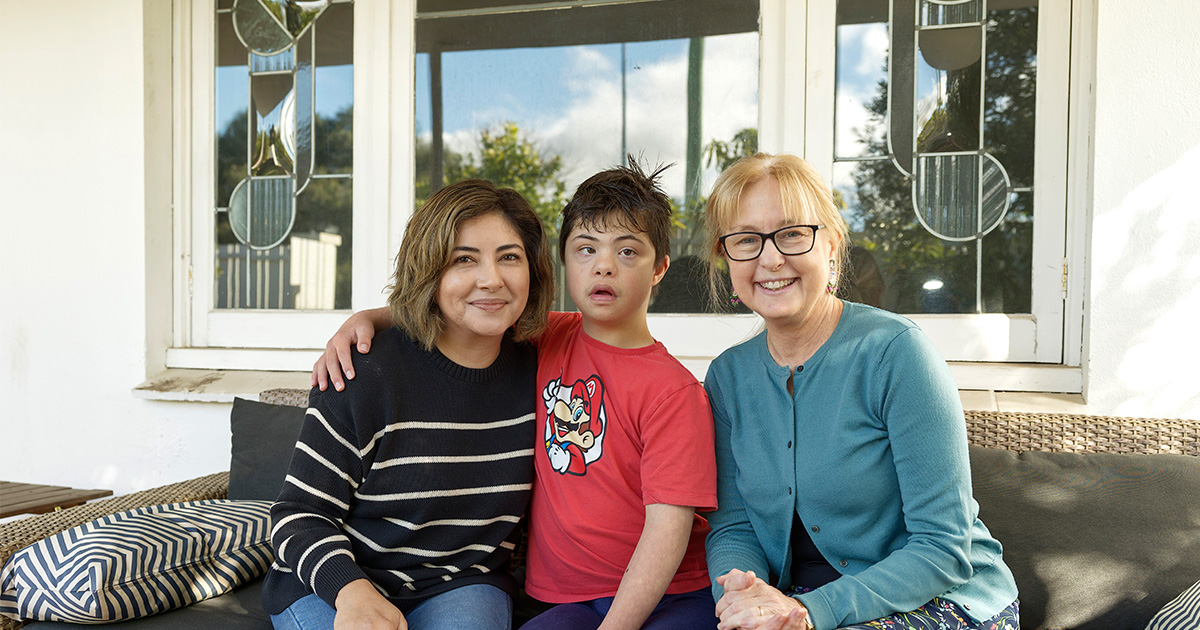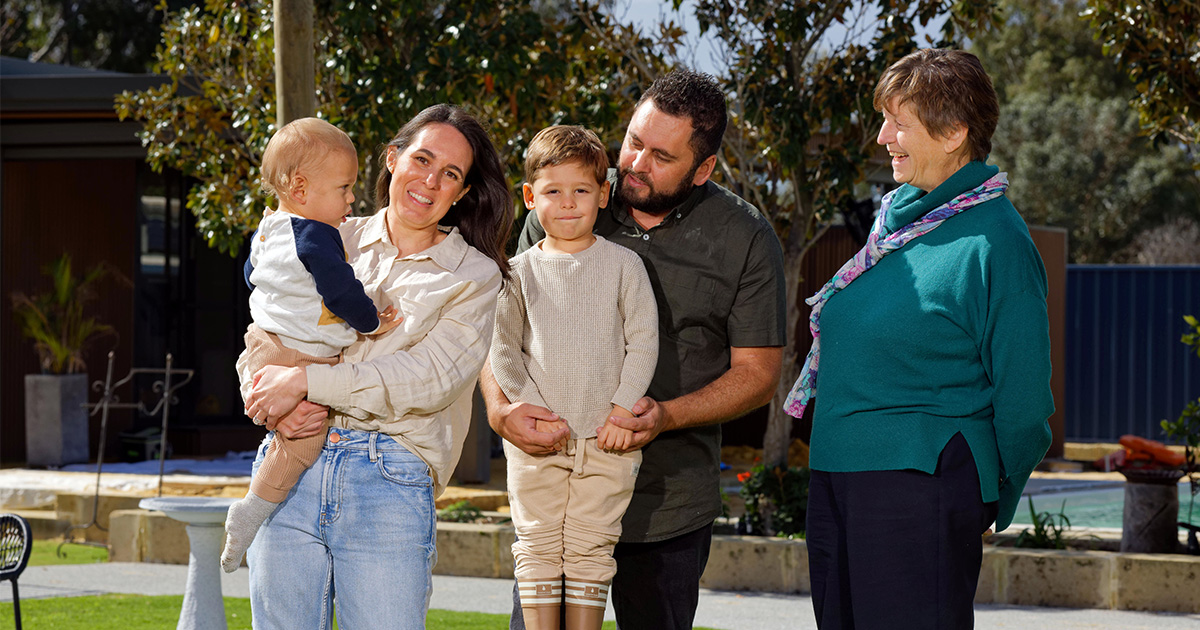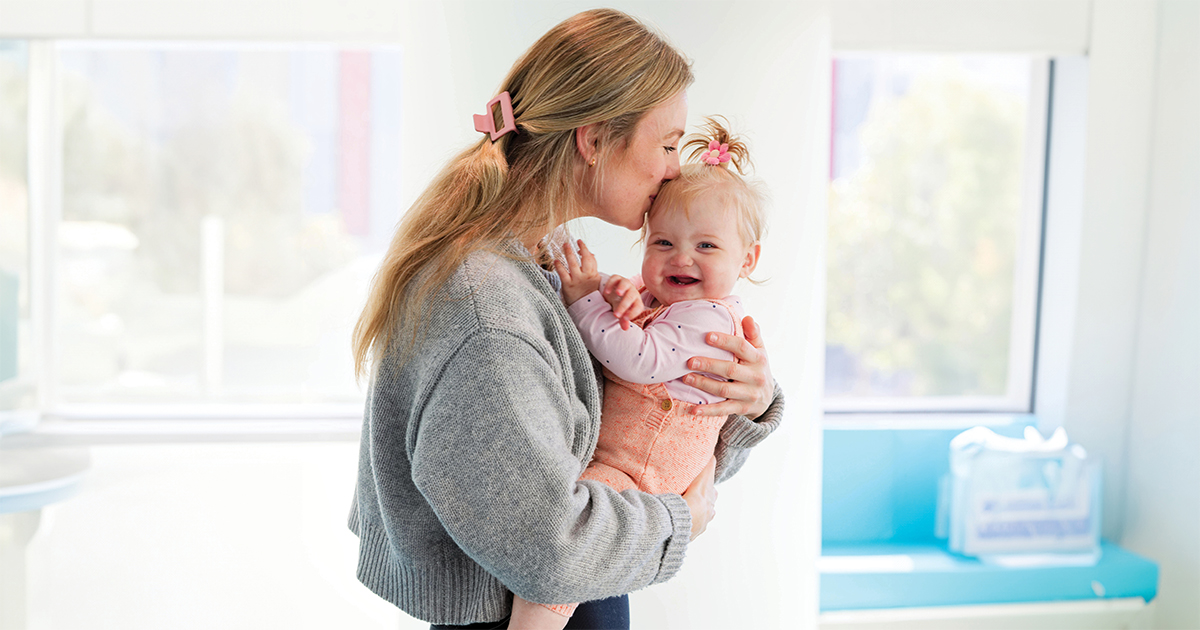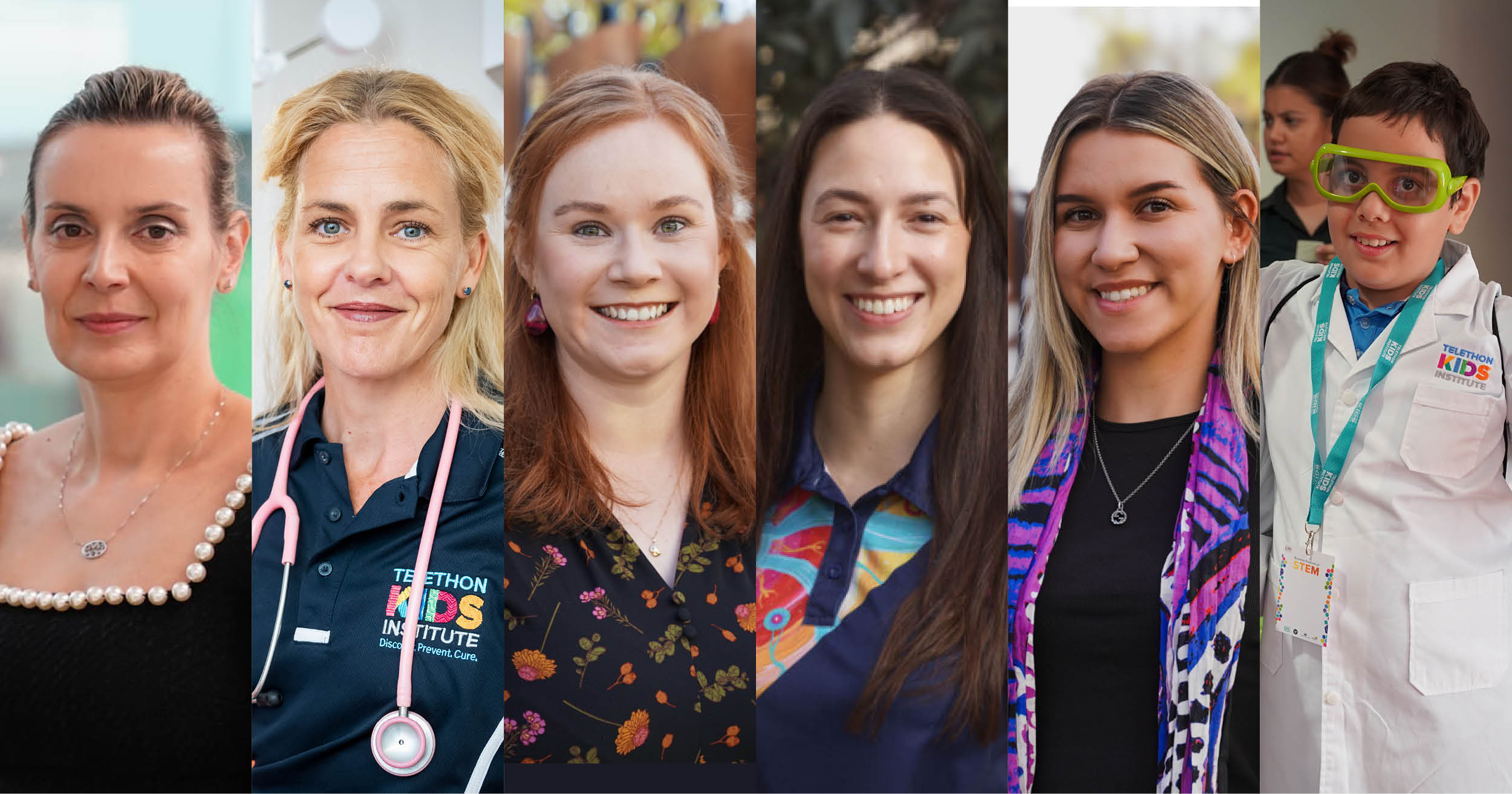Search

News & Events
World Down Syndrome Day: Building brighter futures through research, inclusion, and advocacyToday, on World Down Syndrome Day, we celebrate the lives, achievements, and invaluable contributions of people with Down syndrome.

News & Events
Silver lining to early arrivalsCIRCA DIEM is using an inexpensive set of eye masks and ear plugs to teach babies born too soon how to tell the difference between night and day – a simple skill which could have lifelong implications for their health and development.
News & Events
Prestigious honour for Indigenous Genomics leaderTrailblazing Aboriginal doctor and health researcher Professor Alex Brown has been made a Fellow of the Australian Academy of Technological Sciences and Engineering (ATSE) in recognition of his leadership in ensuring Indigenous peoples are at the forefront of genomics efforts nationally and internationally.

News & Events
Thinking of The Kids is central to child health research institute rebrandWestern Australia’s biggest and only medical research institute dedicated to improving kids’ health and wellbeing has rebranded to The Kids Research Institute Australia.

News & Events
The Kids researchers named finalists in 2024 Premier’s Science AwardsFive The Kids Research Institute Australia researchers and a popular Institute-led science festival for kids have been named as finalists in the 2024 Premier’s Science Awards.
Research
Built Environments And Child Health in WalEs and AuStralia (BEACHES): a study protocolChildhood obesity and physical inactivity are two of the most significant modifiable risk factors for the prevention of non-communicable diseases. Yet, a third of children in Wales and Australia are overweight or obese, and only 20% of UK and Australian children are sufficiently active.
Research
Respiratory Health Effects of In Vivo Sub-Chronic Diesel and Biodiesel Exhaust ExposureBiodiesel, which can be made from a variety of natural oils, is currently promoted as a sustainable, healthier replacement for commercial mineral diesel despite little experimental data supporting this. The aim of our research was to investigate the health impacts of exposure to exhaust generated by the combustion of diesel and two different biodiesels.
Research
The Benefits to Bone Health in Children and Pre-School Children with Additional Exercise Interventions: A Systematic Review and Meta-AnalysisDetermine if exercise interventions, beyond what is already provided to children and preschool children, improve bone health and reduce fracture incidence.
Research
The Challenge of Diagnosing Invasive Pulmonary Aspergillosis in Children: A Review of Existing and Emerging ToolsInvasive pulmonary aspergillosis remains a major cause of morbidity and mortality for immunocompromised children, particularly for patients with acute leukaemia and those undergoing haematopoietic stem cell transplantation. Timely diagnosis, using a combination of computed tomography (CT) imaging and microbiological testing, is key to improve prognosis, yet there are inherent challenges in this process. For CT imaging, changes in children are generally less specific than those reported in adults and recent data are limited.
Research
Reliability of Fitness Assessments in Children With Emotional and Behavioral DifficultiesExamine the reliability of field-based fitness assessments in school-aged children with emotional or behavioral difficulties (EBD). Understanding the impact of fitness on physical activity participation for children with EBD is limited by our ability to reliably measure it.
